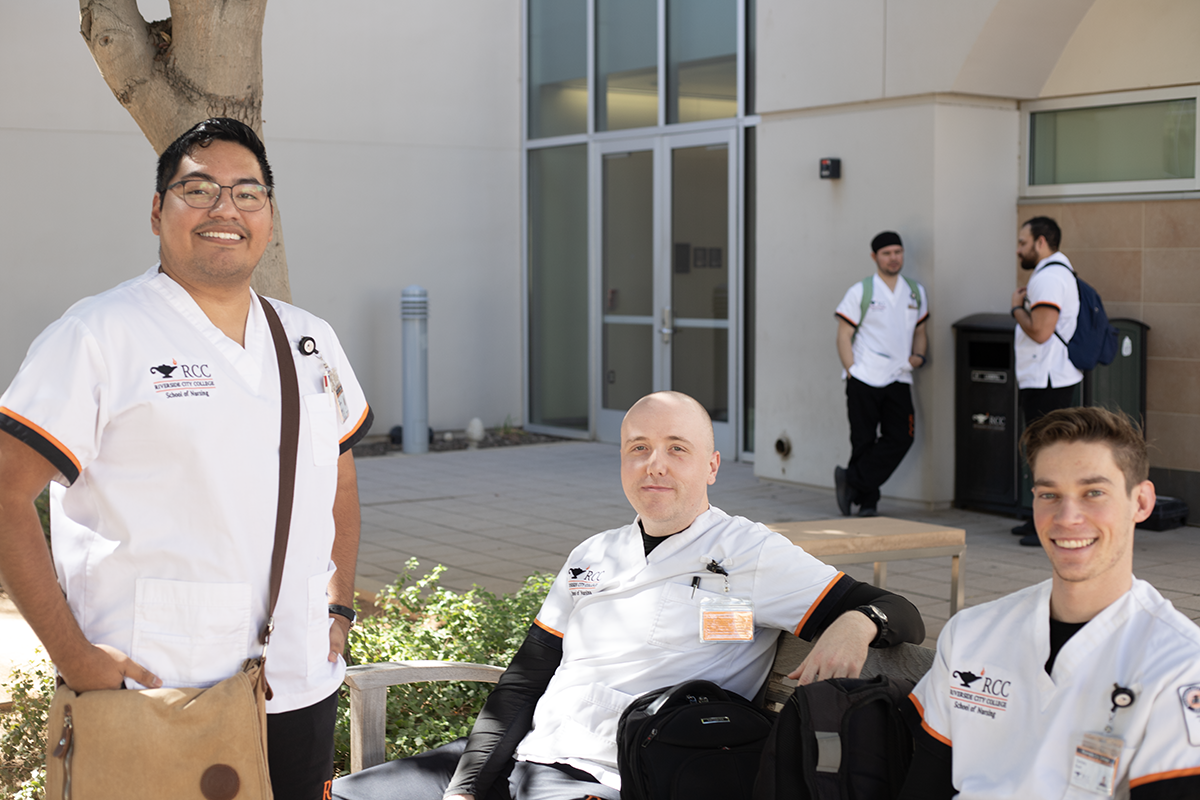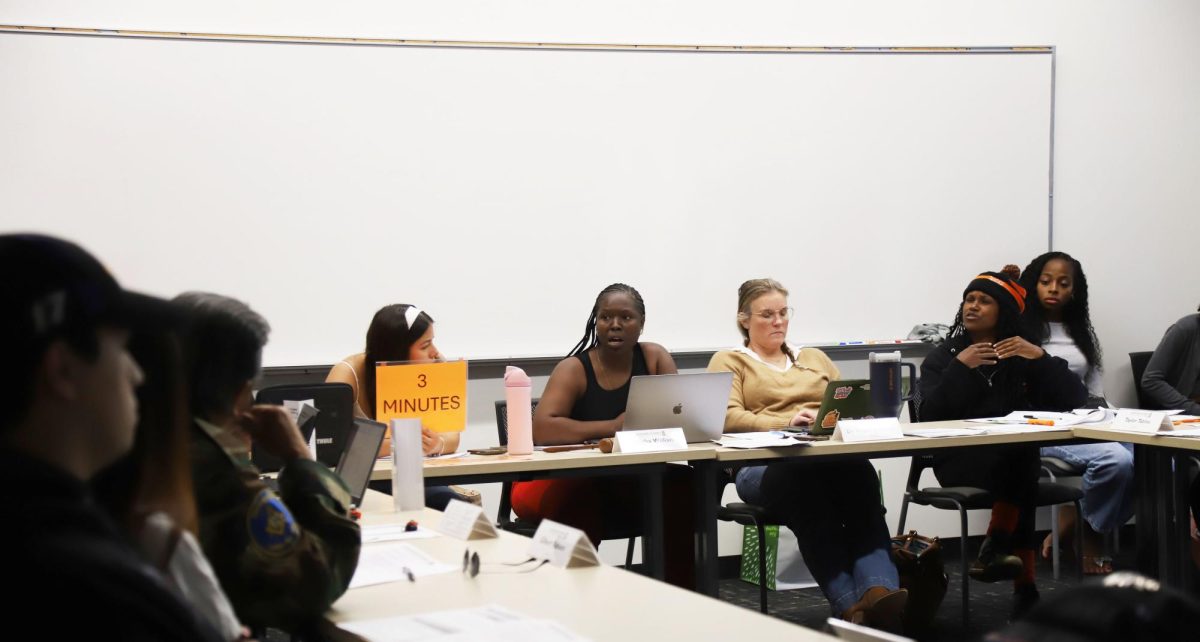By Robert Record
By Robert Record
Between running a bookstore as a business, timely and not-so timely book requests from instructors, and delivery from the suppliers, some students are finding themselves without the privilege of purchasing expensive text.
Jeremy Denis, who is responsible for book ordering at the Riverside Campus Bookstore, said that the Bookstore operates on a balance between business and serving the needs of the campus.
“We are Barnes and Noble,” Denis said.
Denis elaborated on the chain of events that leads to books appearing, or not appearing, on the shelves of the Bookstore. The cascade of paper begins with each instructor placing a book request based upon their estimated class size. Further downstream the Bookstore receives these requests and enters them into the computer.
Utilizing data regarding actual book purchases versus books requested over the past four semesters, the computer creates the order based upon the expected book demand, which is not always the same as what the instructor has requested. Within seven to 14 days the books are on the cramped loading dock of the Bookstore.
There are several points in this operation where problems can occur that lead to the reoccurring problem of unavailable books. A timely submission of book requests to the Bookstore is important, as is evidenced by the fact that Bookstore staff have had to pursue several instructors for their requests. Also the addition of students, beyond the stated class limit, can lead to a shortage of books.
Rose Marie Sarkis, head of the Foreign language Department, spoke actively about the stress of students without textbooks. Many of her Arabic I students are without books and she has just recently canceled an upcoming test.
“Professors don’t know what to do,” Sarkis said, concerning the dilemma facing instructors who believe they cannot photocopy text due to copyright laws. Several hundred copies are sometimes needed for just a single week’s lessons.
Despite shortages most students said they have had little trouble obtaining books this semester, although many students admitted to buying books online. The ease and convenience of shopping online has drawn many students away from the Bookstore. More money is also coming back from the online book trade as students have begun selling their used text online, finding that they can fetch a higher price for used books than the Bookstore can offer.
Looking to next semester, students should plan to buy textbooks approximately 2-3 weeks before classes begin. This will help steer clear of long lines and pick up textbooks as soon as they arrive on the shelves.
For those who prefer digital shopping, long lines can be avoided by going to http://rcc.bkstore.com and using your class schedule to order books.






